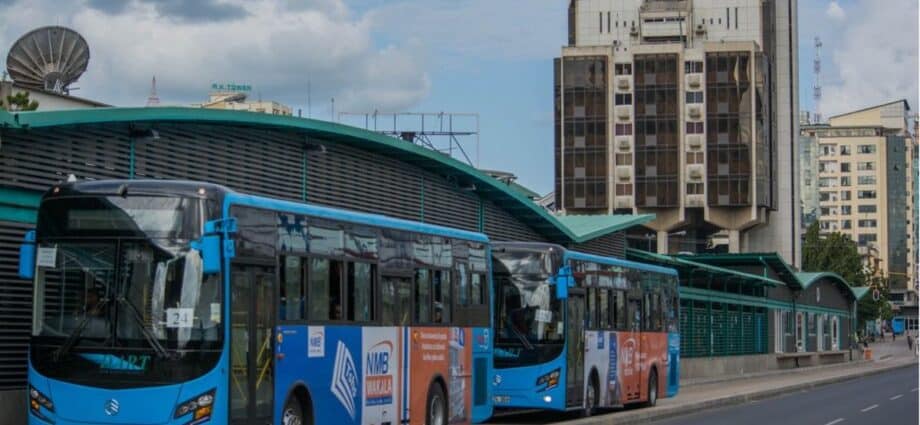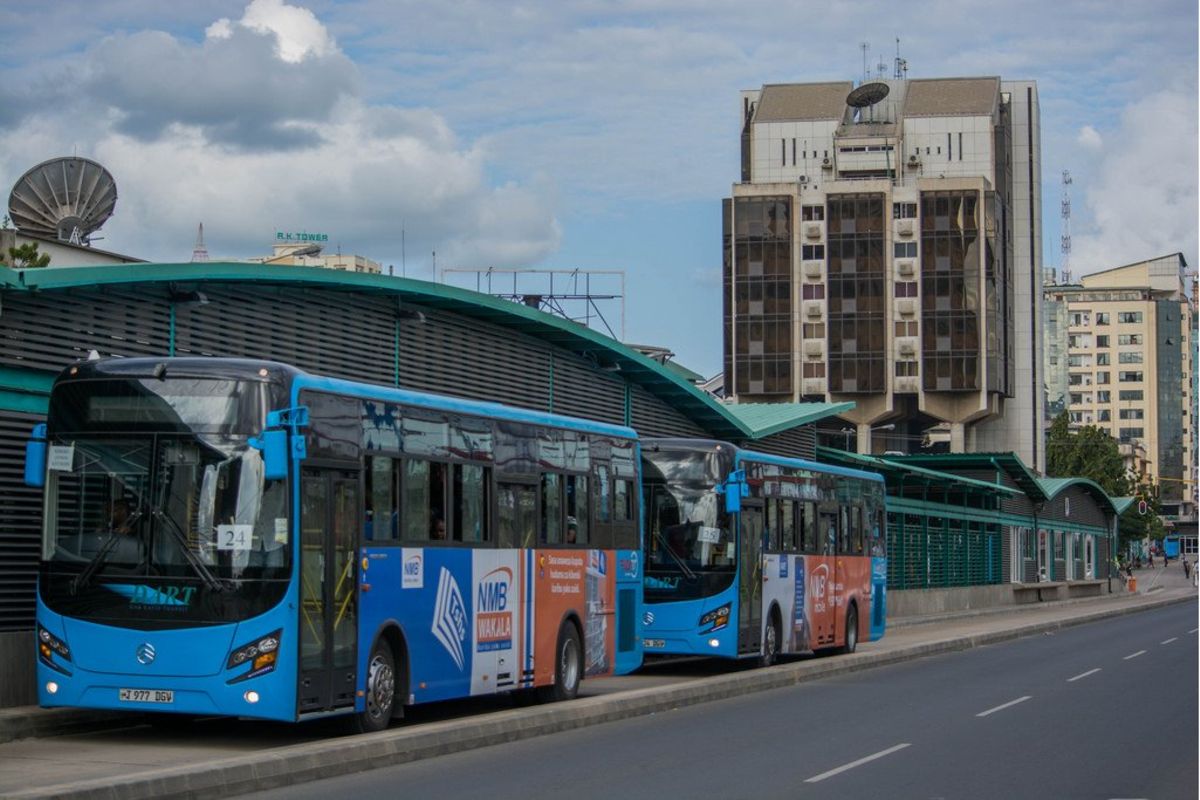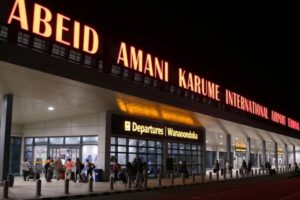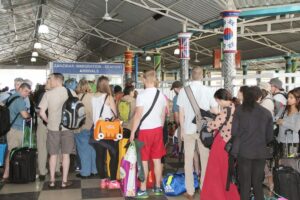Last weekend, the government announced that Emirates National Group (ENG) has won an international tender to become the second operator for Dar Bus Rapid Transit (BRT) services.
The decision ends Udart’s monopoly as the sole service operator for the first phase of Dart since 2016.
This is also the culmination of the not-so-secret attempt to ensure that a private – read foreign – firm operates Dart’s infrastructure.
The story is a long one, going back to the very beginning of Dart.
The idea for Dart emerged in 2002 when the World Bank engaged the government of Tanzania to provide a loan facility for financing the BRT services in Dar.
With Dar’s notorious traffic congestion possibly at its worst then, the idea couldn’t have come at a more opportune time.
The BRT concept provided the efficiency of metro rail systems found in developed nations without the prohibitive costs that accompany them.
Therefore, after multiple WB-financed trips abroad to observe how similar projects operate, Tanzania was sold on the concept and embarked on creating Africa’s first BRT system – Dart.
But there was a catch. The WB, a crucial financial backer, stipulated the involvement of an experienced private operator.
Since this was the first of its kind project in Tanzania, this effectively excluded local firms.
In other words, the WB was advocating for a foreign firm to operate the infrastructure.
Therefore, this seemingly positive development came with baggage. The biggest concerns were twofold: the potential impact on the existing daladala system, a vital part of Dar’s transportation network, and the impact on the broader local economy.
On average, every BRT bus displaces about 10 daladalas. So, with roughly 7,000 daladalas in operation in Dar, about 5,000 owners, providing direct employment of up to 30,000 people (drivers and conductors), and supporting wholly or partially up to 100,000 households, BRT comes at a very high cost to locals, its advantages notwithstanding.
But the story doesn’t end there.
The daladala ecosystem pervades all aspects of the city’s economy. There is an army of mechanics, mama ntilies, suppliers of spare parts, petrol stations and associated employees, and so on, who are also supported by the daladala economy.
When you consider all aspects, from employment to trade, taxes to transport, you will not hesitate to call it a multi-billion-dollar economy. That’s what stands to be impacted by a thoughtless implementation of BRT.
In the book Taken for a Ride, the author Matteo Rizzo questions the win-win narrative that was advocated by the World Bank in the BRT implementation.
He highlighted that the huge delays that faced the BRT implementation sprang from the lack of support from both the people and the government.
He showed how those who risked being made worse off, including the city council which faced a loss of revenue, tenants who had to be relocated, and individuals threatened with expropriation of their property, resisted the project by leveraging strategies that denied the project the public support it needed to make progress.
BRT, despite its benefits, has always been considered a threat to the interests of many Tanzanians and any implementation that isn’t accompanied by solid mitigation strategies against those risks is reckless at best.
One of the compromises made was to insist on a local operator for Dar BRT.
Against the WB’s advice, Udart – initially owned by UDA and daladala operators – was entrusted with operating BRT so that it could acquire experience and get established.
This attempt to domesticate BRT service provision had Tanzanians’ interests at heart – Udart was to hire more Tanzanians, maintain moderate costs, and so on.
Unfortunately, one cannot see that logic being considered anymore possibly just for political expedience.
Regrettably, Udart performance has also been a great disappointment.
While BRT offered dedicated lanes and faster commutes, it largely mirrored the existing daladala system in everything else, failing to deliver other promises.
That has been disastrous, and it is quite understandable that the public would yearn for improved services.
But by picking a foreign firm to operate Dar BRT – we have gone full cycle and decided to throw in the towel.
It should be said that ending Udart’s monopoly is a good thing.
However, the choice of a foreign operator like ENG raises a crucial question: is the government saying that Tanzanians cannot manage a bus transport system?
The Magufuli government nurtured Udart, allowing it to establish itself.
Why couldn’t the Samia government replicate this approach with a local competitor, safeguarding local ownership and mitigating the impact on the daladala ecosystem? It looks like the international capital agenda has won again.
As we look towards opening phase 2 of BRT which requires up to 700 buses, we ask the government to revisit this problem and take appropriate measures.
If it is capital – Tanzanians are quite capable of raising hundreds of billions of shillings needed to ensure that phase 2 starts. We just need leaders to lead.
If we won’t stand up to safeguard the interests of our people as a nation, we truly deserve to be taken for a ride.















